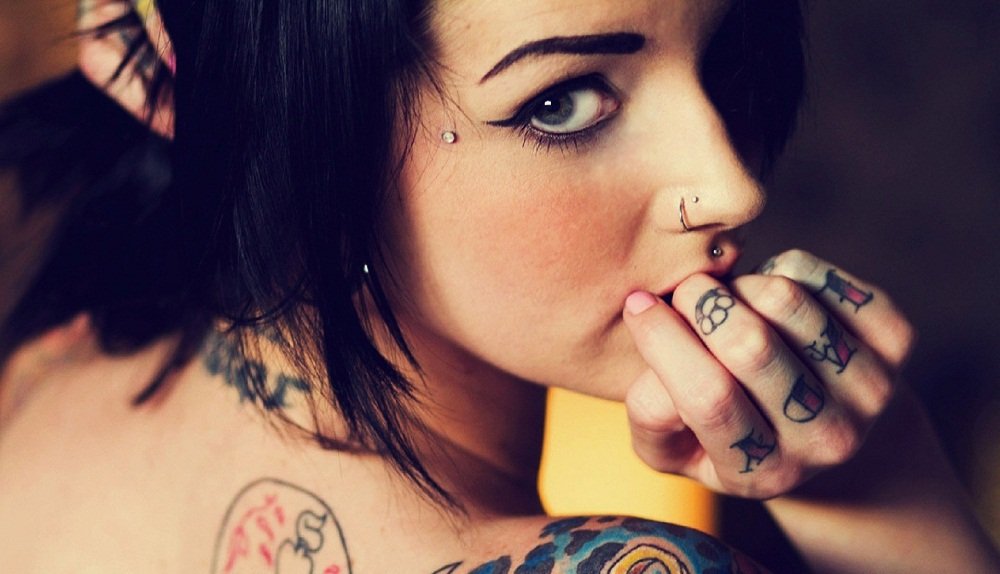Addiction to alcohol not only affects your body and brain, but it can totally disrupt your family in many ways! Nowadays, it is a very common practice amongst people of all status to drink alcohol. A large number of people usually drink alcohol for pleasure. But, it’s hardly evident as to when this pleasure turns into an addiction, affecting not just your health but also your financial conditions and hence, your entire family.
The more addicted you become more difficult it gets for you to find a way back. But how do you know whether you are addicted to alcohol or not? Well, the easiest way to find out the answer to this question is to compare your behavior with the top alcohol withdrawal symptoms. If you find matches between these symptoms and your behavior, it is time you take medical help and save not only your life, but also that of your loved ones.
Must Read: 2 Day Hangover Help
How to Treat the Symptoms of Alcohol Withdrawal?
If your body is used to having regular alcoholic intakes, you might experience symptoms of alcohol withdrawal when you suddenly stop drinking alcohol. Though it is safe to say that not everyone may experience or encounter alcohol withdrawal upon stopping the intake, it is still necessary to know its symptoms to avoid the worst health conditions.
The intensity of these symptoms greatly depends on your alcohol intake. If you are a regular drinker and consume a lot of alcohol everyday, the intensity of the alcohol withdrawal symptoms may be very high. Similarly, if you are a moderate drinker, the withdrawal timeline may not be very high. And, if you have just started consuming alcohol, the withdrawal symptoms may be simply negligible. Well, take a closer look at these top alcohol withdrawal symptoms and judge yourself whether you are addicted to alcohol or not.
1. Sudden Depression
Getting depressed for no reason / definite reason at all is a sign of alcohol withdrawal. In other words, feeling sad or down most of the time is a common sign. You may find yourself in a low mood all the time and also avoid contact with your closed ones. Without alcohol, life seems simply meaningless. This kind of depression is one of the major signs of addiction.
2. Unexplainable bad dreams
Once you stop taking alcohol, you may experience unexplainable bad dreams. This is also one of the very common alcohol withdrawal symptoms faced by all addicts. This also makes the addict sleep deprived which affects his health more intensely than the other symptoms.
3. Physical Shaking and Nervous Level Increase
Some patients may experience unusual shaking in the body or the limbs and feel nervous all the time.
4. Fatigue and Anxiousness
Feeling tired and always worried about unnecessary things is also a part of the alcohol withdrawal symptoms.
A lot more symptoms may come around a person experiencing alcohol withdrawal symptoms. People who seem to have any of those mentioned above are advised to see a doctor or any specialist for immediate medication and treatment.
How To Deal With Alcohol Withdrawal Symptoms
Drinking is an addiction that many people find hard to quit. Heavy drinkers are especially vulnerable since failing to take their drink brings about serious withdrawal effects. If you want to quit the habit, you must seek support, and find ways of dealing with dealing with alcohol withdrawal symptoms. Below are some tips that you can use.
1. Re-hydration
Water plays an important role in eliminating withdrawal symptoms. It is quite useful, as it re-hydrates your body cells, and helps to flush out the toxins that result from over-indulgence in alcohol from your body.
2. Electrolyte replacement
This process deals with a wide variety of symptoms such as dizziness, fatigue, vomiting, diarrhea, depression, and mental confusion. There are small sachets that are provided for people suffering from bouts of diarrhea, which are quite effective for this purpose.
3. Avoid junk food
Excessive consumption of alcohol causes damage to the liver, an organ that plays a critical function in metabolizing sugar. When this function is inhibited, your body processes become unstable, thus making you irritable, aggressive, nervous, and weak. It is therefore necessary to cut on your intake of junk food, soft drinks and any kind of processed food.
4. Vegetables
You should increase the amount of vegetables and fresh fruits in your diet. These will aid in stabilizing the blood sugar levels. A healthy diet will ease the symptoms and reduce the cravings for booze.
5. Vitamins
The B-vitamins are essential for someone trying to quit drinking. They aid in the restoration of the nerve cells that may be damage as a result of alcoholism. Most drunkards are deficient in vitamin B. Therefore, advisable that such an individual should take doses of vitamin B-complex supplements, a few weeks before quitting, as well as a few weeks after. The supplements will help to restore the general health of the individual and facilitate the process of quitting the habit.
6. Caffeine
The dilation of the blood vessels and severe dehydration are some of the common symptoms. This may cause the brain tissue to shrink and consequently, separate from the skull tissues, leading to extreme headaches. A cup of coffee can go a long way in helping to constrict the blood vessels, and help to relieve the headaches.
7. Medical Help
It is also necessary that you consult a physician to give you medical assistance. Always follow your doctor’s instructions, to ensure that you don’t experience any complications when dealing with alcohol withdrawal timeline.
Just like any other sickness around, it is always better to prevent this from occurring. Simply do not take too much alcohol that will cause your body to be dependent of it. Any food or intake in which our body is dependent to, once taken away from us will surely cause health problems. So, be careful of what you eat and drink. Stay healthy and be happy.









